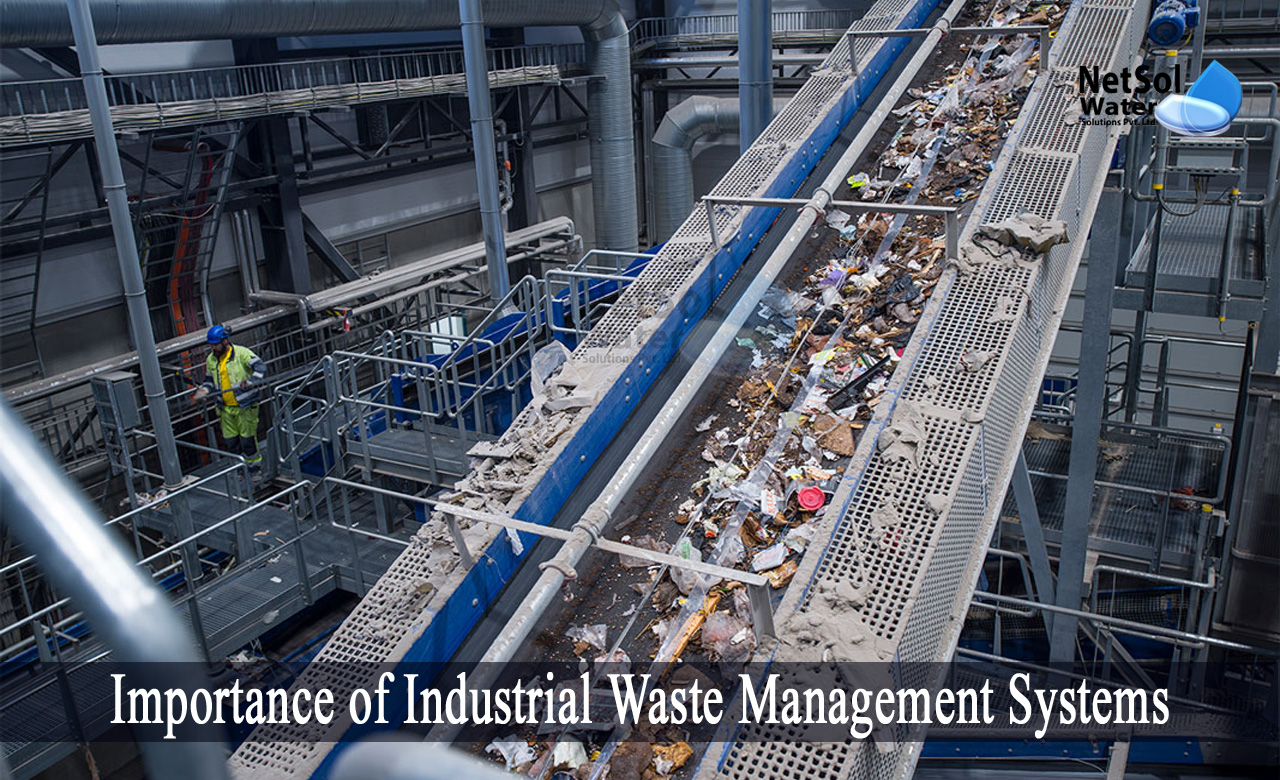Get This Report on Reclaim Waste
Get This Report on Reclaim Waste
Blog Article
Examine This Report about Reclaim Waste
Table of ContentsReclaim Waste Fundamentals ExplainedNot known Details About Reclaim Waste Not known Incorrect Statements About Reclaim Waste The Ultimate Guide To Reclaim WasteThe Ultimate Guide To Reclaim Waste
Domestic sewer waste refers to the waste and items from a property septic container. The proper administration and disposal of residential sewage waste need fluid waste to be transferred to a sewage treatment plant where the appropriate methods and tools are used to cleanse and dispose of waste.
Commercial waste commonly consists of potential threats, such as combustible materials or a combination of liquid and strong waste products, and needs an advanced and thorough disposal procedure. The disposal of business waste generally includes the purification of waste before transportation to make sure secure and appropriate disposal. Hazardous waste is developed from byproducts and drainage of commercial procedures and manufacturing.
This kind of waste can not use the exact same sewer administration transport or processes as septic or industrial liquids. The industrial waste administration process calls for the evaluation and screening of liquid waste prior to it undertakes the disposal process (liquid waste removal melbourne). Runoff waste is the liquid waste that originates from drainage and excess stormwater in extremely inhabited locations or cities
Overflow waste can trigger contamination and flooding if not handled effectively. Discover more concerning sewage system cleansing and waste administration. Making sure proper waste management can protect against calamities and minimize environmental damage. Both individuals in domestic settings and experts in industrial or production industries can benefit from comprehending the processes and laws of fluid waste management.
How Reclaim Waste can Save You Time, Stress, and Money.
Contact PROS Providers today to find out about our waste management and disposal solutions and the appropriate means to care for the fluid waste you create.
(https://medium.com/@leonaube33101/about)This so-called 'wastewater' is not only an important source however, after therapy, will certainly be launched to our land, rivers or the sea. Utilized water from toilets, showers, bathrooms, kitchen area sinks, washings and commercial processes is understood as wastewater.

water utilized to cool down machinery or clean plant and devices). Stormwater, a form of wastewater, is drainage that flows from farming and metropolitan areas such as roofing systems, parks, gardens, roadways, courses and gutters into stormwater drains, after rain. Stormwater streams unattended directly to local creeks or rivers, eventually getting to the sea.
Everything about Reclaim Waste
In Queensland, most wastewater is treated at sewage treatment plants. Wastewater is transferred from domestic or industrial sites via a system of sewers and pump stations, called sewage reticulation, to a sewage therapy plant. Local federal governments build, maintain and operate most sewage therapy plants. Operators are certified under the Environmental Management Act 1994 to release treated wastewater at an acceptable her explanation environmental criterion right into waterways.
The Division of Natural Resources advises city governments about managing, operating and keeping sewage systems and treatment plants. In unsewered areas, neighborhood governments might call for owners to set up specific or house sewage therapy systems to treat residential wastewater from toilets, kitchen areas, washrooms and laundries. The Department of Natural Resources authorizes making use of house systems when they are shown to be efficient.
Many stormwater obtains no treatment. In some new communities, treatment of some stormwater to eliminate clutter, sand and gravel has started using gross toxin traps. Wastewater therapy takes place in 4 stages: Eliminates solid issue. Larger solids, such as plastics and other things wrongly discharged to sewers, are removed when wastewater is gone through screens.
Uses tiny living organisms knows as micro-organisms to break down and get rid of staying liquified wastes and fine particles. Micro-organisms and wastes are integrated in the sludge.
Unknown Facts About Reclaim Waste
Nutrient elimination is not available at all sewer therapy plants due to the fact that it needs expensive specialized tools. Clear liquid effluent created after treatment might still include disease-causing micro-organisms - liquid waste removal.

This usually implies wastewater has to be dealt with or impurities gotten rid of prior to it can be discharged to rivers. Most wastewater moves into the sewage system. Under the Act, city governments administer authorizations and licences for ecologically relevant tasks (Periods) entailing wastewater releases that might have a regional impact. The department provides authorizations and licences to Ages entailing wastewater releases that could have a regional or statewide influence.
The Basic Principles Of Reclaim Waste
Tracking offers valid information concerning water top quality and can validate that permit conditions are being met. The info obtained with tracking provides the basis for making water quality choices.
Report this page